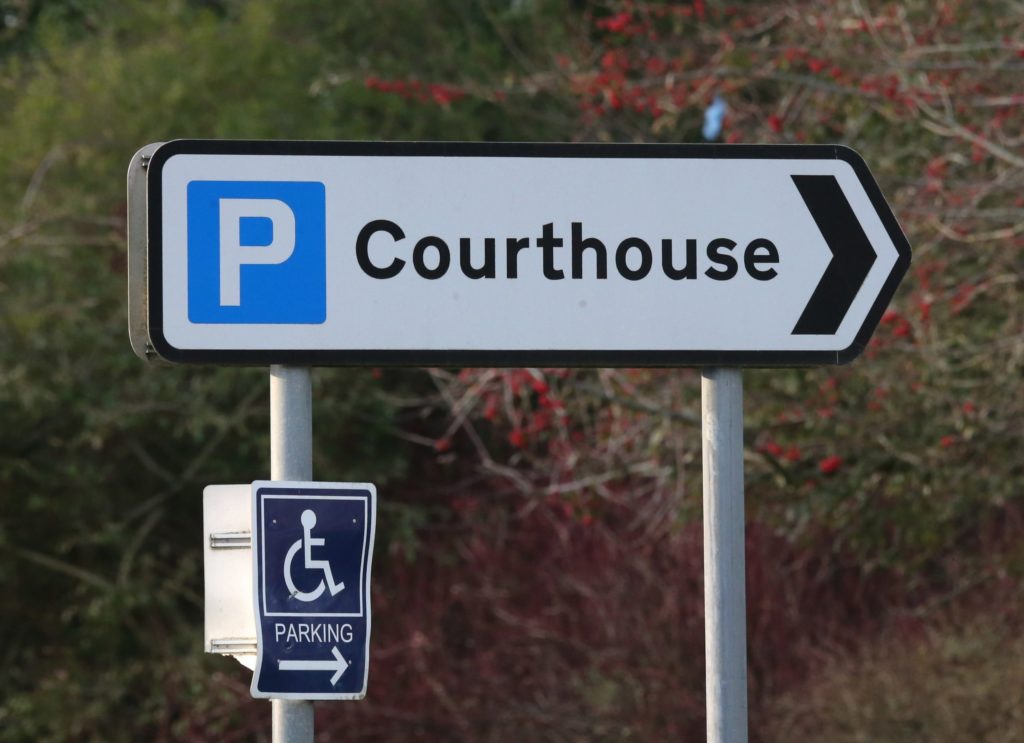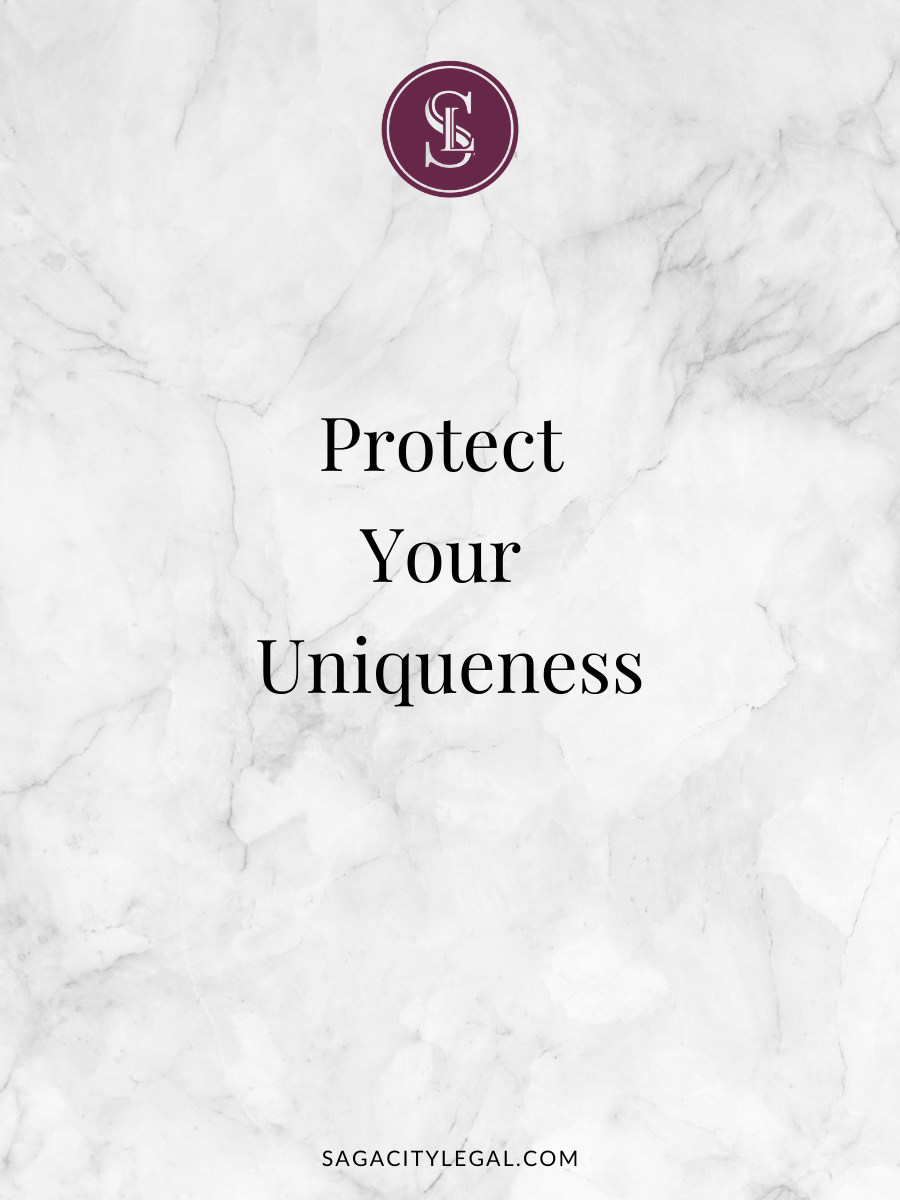“In order to be irreplaceable one must always be different.”
– Coco Chanel.
As an entrepreneur, your uniqueness defines the value of your business.
Protecting your uniqueness protects that business value.
This protection is in addition to other intellectual property protections. For example:
✅ when you create unique content, you protect it with copyrights;
✅ you protect your unique inventions with patents; and
✅ you protect your unique name, logo, and slogans with trademarks.
The uniqueness of you is different. It’s the “you factor” that brings people flocking to you. Further, your uniqueness is that appeal only you can offer. This is why customers beat a path to your door. Yes, people choose you out of the sea of others.
When others see how you are different, you stop being compared to every other competitor.

You can legally protect that uniqueness.
This is Your Right of Publicity.
The right of publicity is your right to control the commercial use of your name, image, voice, likeness and other distinctive personal attributes. In other words, your personality, including your gestures and phrases are legally protected.
Without your permission, others cannot use your identity.
Most states recognize the right of publicity under common law, statute, or both. Many recognize a person’s publicity holds commercial value susceptible to exploitation.
Right of Publicity Applies to Celebrities AND Non-Celebrities
While celebrities’ cases make headline news, non-celebrity cases are on the rise because of social media.
Millions of people are visible, accessible, and yes, profitable on social media now.
You can claim a right of publicity when someone uses your name or likeness, without consent, to profit.. For example, in Florida, a right of publicity claim includes:
- Public use of an individual’s name, portrait, photograph, or other likeness
- For trade, commercial, or advertising
- Without the individual’s express consent
Remedies

If you sue someone for using your uniqueness without your consent, your remedies may include stopping that person from doing so. They may also be required to take certain actions. Also, you may receive compensation for loss even if you can’t prove harm.


leave a comment on this post.